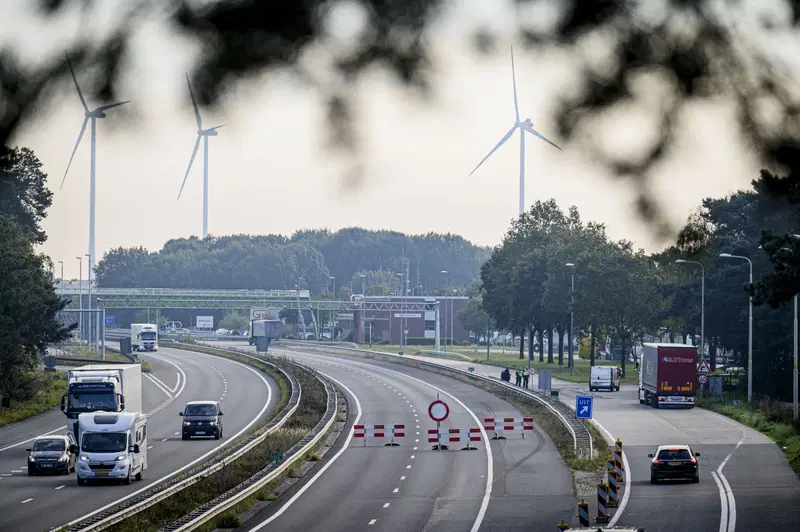Germany has implemented expanded border controls along its borders with all nine neighboring countries, effective September 16, 2024. This measure aims to curb irregular migration and address security concerns following recent deadly extremist attacks.
Federal police are conducting spot checks at road and highway crossings, verifying identity papers and inspecting vehicles. Germany’s location at the heart of Europe and the Schengen zone has sparked protests from other EU members, including Poland and Austria.
German Interior Minister Nancy Faeser emphasized the goal of limiting irregular migration and identifying potential security threats. The controls, set to last six months, have slowed traffic but garnered support from some citizens, who hope for increased security.
the main purpose for the expansion include:
- Expanded controls to borders with France, Luxembourg, Netherlands, Belgium, and Denmark
- Coordination with neighboring countries to minimize impact on border regions
- Existing controls with Poland, Czech Republic, Austria, and Switzerland remain in place
This move reflects Germany’s efforts to balance security concerns with European Union principles of free movement.





















